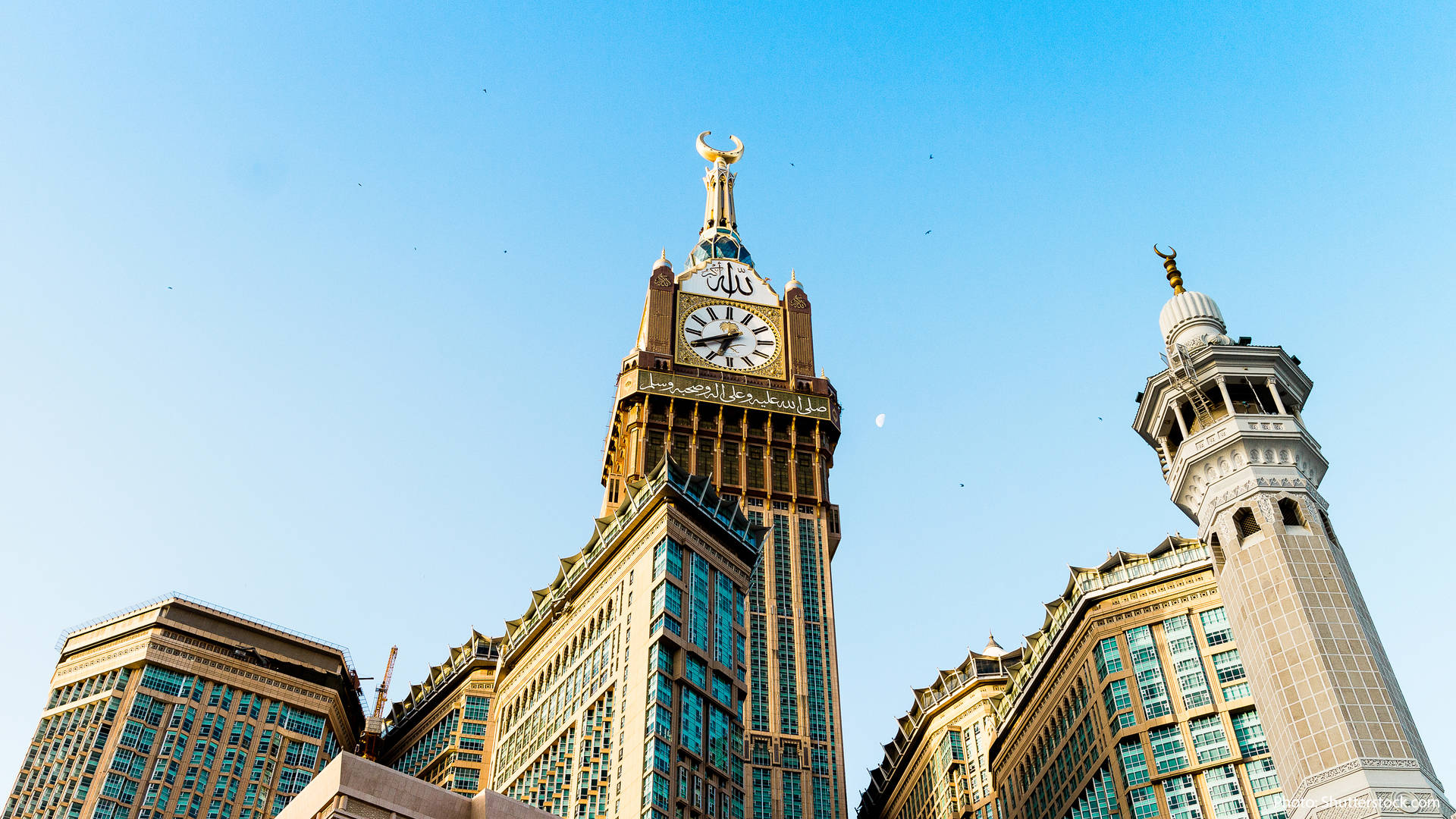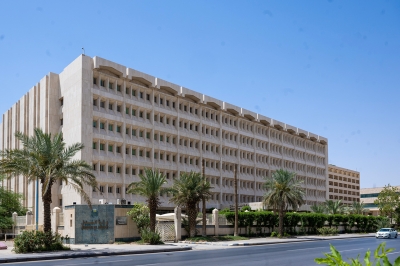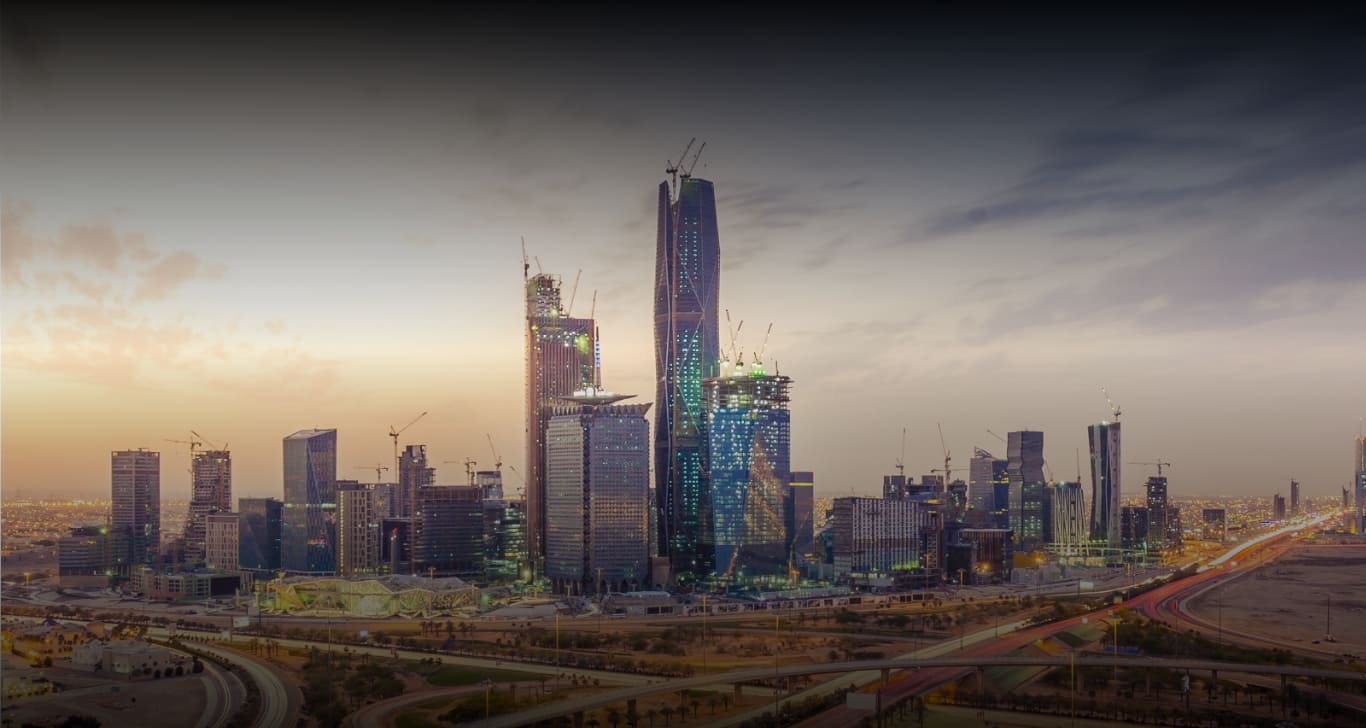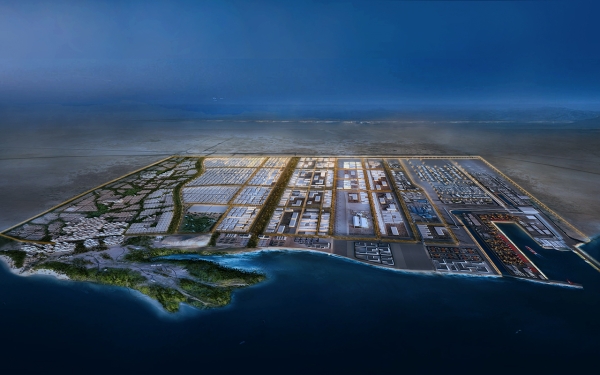If you're planning to establish a business in Saudi Arabia but are uncertain about the types of companies allowed and which structure best suits your needs, this article will help you gain a clear understanding to make the right decision.
We will focus on LLC vs SJSC in Saudi Arabia,the two most common and significant forms for entrepreneurs and investors in the Kingdom.
Since choosing the appropriate company structure is the first and most crucial step in launching any business, we’ll explore the advantages and disadvantages of each type from legal, administrative, and organizational perspectives, helping you determine the legal form that best aligns with your business needs and objectives.
Types of Companies in Saudi Arabia
Companies in Saudi Arabia vary in form and are governed by different sets of regulations. Some are subject to the Saudi Companies Law, issued by Royal Decree No. (M/132) dated 01/12/1443 AH, and these are classified as commercial companies.
On the other hand, there are companies regulated under the Civil Transactions Law, issued by Royal Decree No. (M/191) dated 29/11/1444 AH, which are referred to as civil companies.
In the following sections, we will focus on commercial companies, particularly the Simplified Joint Stock Company (SJSC) and the Limited Liability Company (LLC).
First: The Simplified Joint Stock Company (SJSC)
A Simplified Joint Stock Company may be established by one or more persons, whether individuals or legal entities. It is governed by the provisions applicable to Joint Stock Companies, except where specific rules are provided for this type.
The company’s capital is divided into tradable shares, and the company itself is solely liable for its debts and obligations. The liability of shareholders is limited to the value of the shares they have subscribed to or purchased, without extending to their personal assets.
Advantages of a Simplified Joint Stock Company (SJSC)
No minimum capital requirement: There is no legally required minimum capital to establish an SJSC.
Flexibility in share structure: The company may issue different classes of shares with varying rights, obligations, and restrictions.
Flexible management model: The company can be managed by one or more directors or by a board of directors, depending on what is stipulated in its articles of association.
No mandatory general assembly: Holding general assemblies is not required; shareholders themselves decide who will assume management and decision-making responsibilities.
Customizable governance rules: The articles of association define the quorum requirements for meetings and the voting thresholds needed to approve resolutions, providing flexibility in corporate governance.
Structure and Management of a Simplified Joint Stock Company
Full organizational flexibility: Shareholders in an SJSC have complete freedom to determine the company’s organizational and management structure, as set out in the articles of association.
Delegated powers: The chairman, director, or board of directors—as determined in the articles of association—exercises all powers granted to the chairman and board members of a traditional joint stock company, unless otherwise specified.
Incorporation requirements: The incorporation details of an SJSC are identical to those of a joint stock company, as stated in Article 140 of the Companies Law.
Defined management mechanism: The company’s articles of association must specify the management mechanism, which may include a chairman, one or more directors, a board of directors, or any other agreed-upon structure. The articles should also outline the method for appointing and removing managers and define the scope of their powers.
If these matters are not defined in the articles, they shall be determined by the shareholders.
Broad management authority: The chairman, director, or board of directors holds broad powers to manage the company and achieve its objectives, except for matters that the Companies Law or articles of association reserve for the shareholders.
Delegation of authority: The chairman or director may, within the limits of their powers, delegate specific tasks to one or more persons, provided such delegation falls within their authorized scope.
Representation before third parties: The chairman, director, or chairman of the board represents the company before courts, arbitration bodies, and other entities. The company may also authorize another party to represent it, if permitted by the articles of association.
Binding effect of management actions: The company is bound by all actions carried out in its name by its chairman, manager, or board of directors, even if such actions exceed their authority, unless the other party acted in bad faith or was aware of the misuse of authority.
Second: The Limited Liability Company (LLC)
A Limited Liability Company (LLC) is an entity established by one or more persons. It possesses a separate financial liability distinct from that of its partners or owners. The company itself is solely responsible for its debts and obligations, while the liability of the partners is limited to the value of their contributions to the company’s capital.
The owners of an LLC are referred to as members. They are partners in a business structure that provides legal protection from personal liability while allowing profits and losses to pass directly to their personal tax returns. For this reason, many businesses prefer to establish an LLC, as it provides an ideal balance between legal protection, operational flexibility, and avoidance of double taxation.
Advantages of a Limited Liability Company
Personal liability protection:
Members enjoy protection from personal liability. They are not held personally responsible for the company’s debts or legal obligations, thereby safeguarding their personal funds and assets in case the company faces legal or financial difficulties.
Flexible profit distribution:
Profits and losses are distributed among members based on mutual agreement. The distribution does not need to be equal; it follows the ratios agreed upon in the company’s articles of association or operating agreement.
Simplified establishment procedures:
Setting up an LLC involves fewer procedures and documentation compared to other business structures, making it one of the most convenient and efficient forms of incorporation.
Clear internal governance:
The written operating agreement of an LLC clearly outlines the roles, responsibilities, and powers of each member, which enhances internal organization, ensures stability, and supports the company’s long-term continuity.
Structure and Management of a Limited Liability Company
The company is managed by one or more managers, who may be partners or external appointees.
Managers are appointed by the partners—either in the articles of association or under a separate contract—for a fixed or indefinite term.
In cases where there are multiple managers, the partners may form a board of managers to supervise the company’s operations and make decisions collectively.
The articles of association or a partners’ resolution define the management mechanism, including the decision-making process and the voting majority required for resolutions, whether in appointing managers or forming a board.
Conclusion
This brings us to the end of the article.
If you would like to learn more about the Saudi corporate system or the process of establishing a company, feel free to contact us. Our team will be happy to provide you with a comprehensive package of services to support you throughout your company formation journey in Saudi Arabia.
Disclaimer: This content is not legal advice. No liability is assumed. For legal consultation, please contact us.














